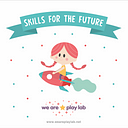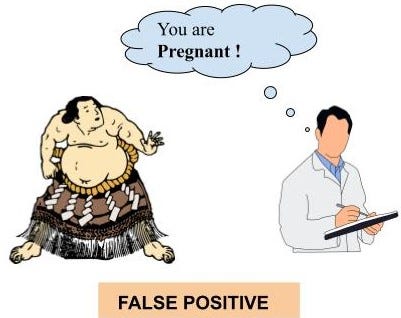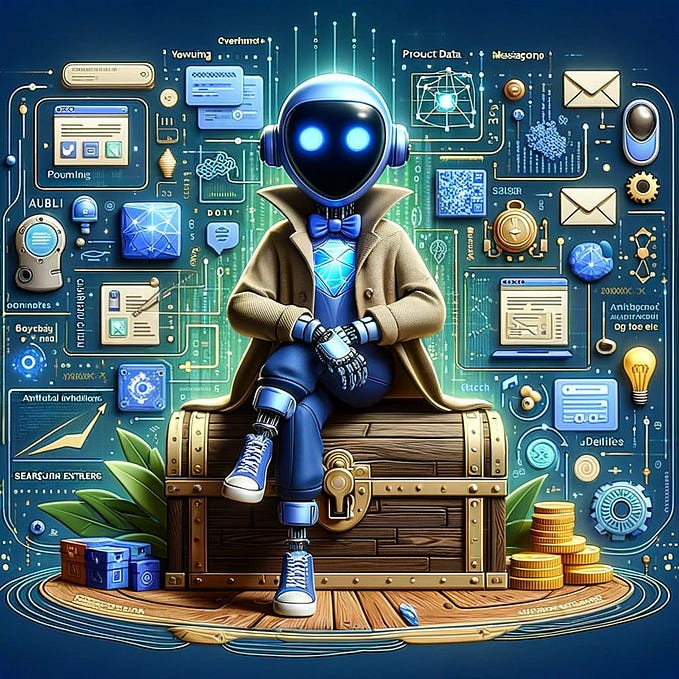Introducing Project Square
An open education initiative aiming to support the development of digital and entrepreneurial competences in kindergartens, primary and secondary schools.
The challenge
Becoming digitally competent goes beyond “simple” training of technical and operational skills. It means understanding and using digital technologies in a meaningful way and being confident, critical and responsible when using them. This competence goes hand in hand with entrepreneurship and is underpinned by critical thinking, problem solving, creativity and collaboration. To accelerate the acquisition of such competences, new ways of addressing the challenges related to education in a digital age are needed.
Exploring the unknown
In this context, one year ago we started exploring the question: “How might we accelerate the development of digital and entrepreneurial competences in kindergartens, primary and secondary schools?”, zooming in the topics computational thinking and algorithm design (see explanation at the end of the post).
Staying true to our love for design and systems thinking, we kicked-off with an exploration phase, involving an interdisciplinary group of educators, students, designers, researchers and entrepreneurs.During this first phase, we identified a set of key design variables that led us to the creation of a research-based framework for a deep learning experience, conducive of computational thinking.
After several empathy and user testing sessions, we re-framed our design challenge to: “How might we design an open, inspiring, engaging, inclusive, embodied learning experience for the classroom, (underpinned by Productive Failure, a Social Infrastructure Framework and a holistic approach to 21st education) with the goal of demystifying computational thinking beyond the screens?” And then we rolled up our sleeves and got to work :).



The key building blocks of the framework we have created for the Square starter kit for computational thinking and algorithm design are based on:
Science of learning
- Social infrastructure design
- Four dimensional education
- Storytelling in teaching and learning
- Playful learning
- Productive failure
- Embodied cognition
Participatory design
- Open source, developed in an interdisciplinary setting
- Stimulating educators and students to become educreators
Concepts of computational thinking (CT) and computer science (CS) beyond the screens (unplugged)
- Starting with the ISTE definitions and frameworks
- Focusing on algorithms to start with
Knowledge transfer to the real world
- Allowing educators and students to identify and to make connections between CT and CS concepts and the real world
- Using the narrative of Square City as a bridge to smart cities future scenarios
Curriculum- aligned
- Aligned with curriculum development, transversal skills
- Allowing educators and students to embed curriculum-based content
Meet the Square Starter Kit for Computational Thinking
The first phase of our project gave birth to an open source, unplugged computational thinking kit for schools, focusing on algorithms and algorithm design. We are currently co-developing it with educators, experts and researchers from SUPSI MAInD, EPFL LEARN, ETH Zurich Learning Sciences Lab, HEP Vaud and CSVR.
The Square starter kit for computational thinking v. 1 was created by Serena Cangiano, Lorenzo Romagnoli and the design team at SUPSI. It is made of a set of 27 felt tiles and contains several activity cards, serving as a starting point of co-creation for educators. The physical backpack with tiles is produced in collaboration with the maker spaces FabLab SUPSI and FabLab HEP Vaud. All design files can be downloaded for free on the project’s website.
This advanced prototype is currently used for pilots, workshops and presentations during public events such as the Digital Day, in primary schools such as CSVR and teachers’ further education programs at EPFL LEARN — Center for Learning Sciences.
Educreators across Switzerland are currently developing CT and CS unplugged activities for Project Square, including curriculum related content and real world examples. As soon as they are available, we will post them on the website. Stay tuned for updates!



The unifying contextual theme of Project Square is a futuristic, smart city (see storytelling for teaching and learning). Square City is inhabited by generous, creative collaborators who learn how to solve real world challenges as computer scientist or a systems thinker would do. This narrative embodies 21st century skills and sets the stage for the educreators community to create their own learning scenarios as “real life missions” and “learning quests”.
Staying true to our open holacratic and agile approach, Project Square is developed by a growing group of contributors and advisors.
We could not be more excited about the progress of Project Square so far.
A big thank you to all contributors and supporters, especially to the Gebert Rüf Stiftung and Cartoonbase.
Project Square Impressions from “Journée de formation en science informatique” at EPFL where K12 teachers from the Canton of Vaud experienced Square first hand as part of their further education.




Why computational thinking beyond the screens?
There is growing recognition in the education systems around the globe that being able to problem-solve computationally — that is, to think logically and algorithmically, and to use computational tools for creating artifacts including models and data visualizations — is rapidly becoming a prerequisite competency for future global citizens.
“Algorithm” is arguably the single most important concept in our world. If we want to understand our life and our future, we should make every effort to understand what an algorithm is, and how algorithms are connected with emotions.
― Yuval Noah Harari, Homo Deus: A Brief History of Tomorrow
There is no shortage of great resources on computational thinking, many of which beyond the screens (some of our favourite are here, here and here). However, during our workshops we observed that it was not easy for educators to overcome a certain concern that “this is not for me”, or “it does not fit well in the curriculum”, left alone to become excited about the topic or to imagine creating their own learning scenarios together with the students.
Project Square is an open education initiative developed under the Creative Commons licence CC BY-NC-SA We Are Play Lab Foundation, wap.rocks.
The full list of Project Square Contributors is regularly updated here.
Interested in joining or learning more about Project Square? Contact cristina@weareplaylab.net







